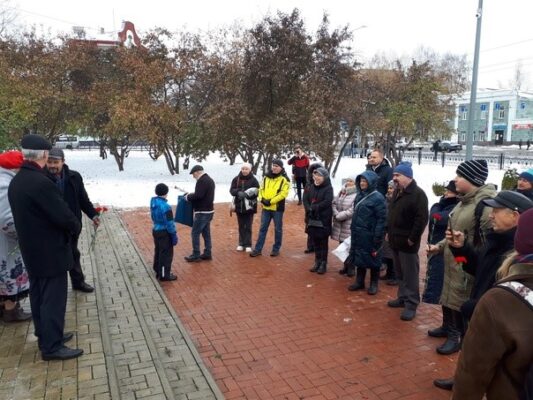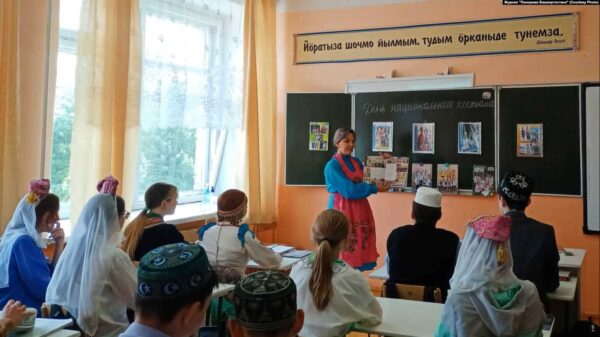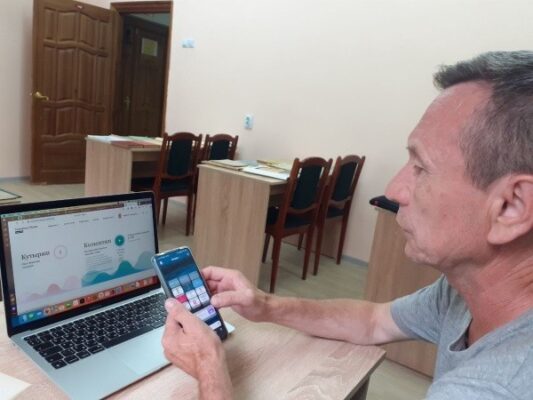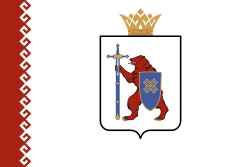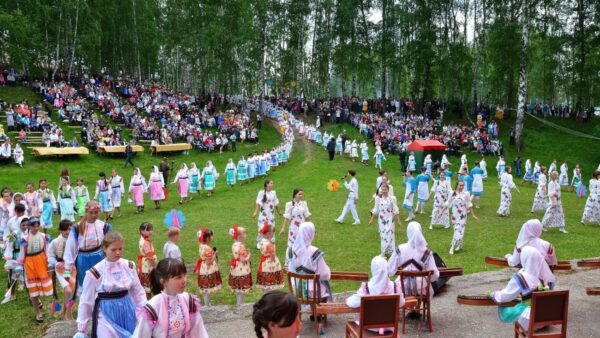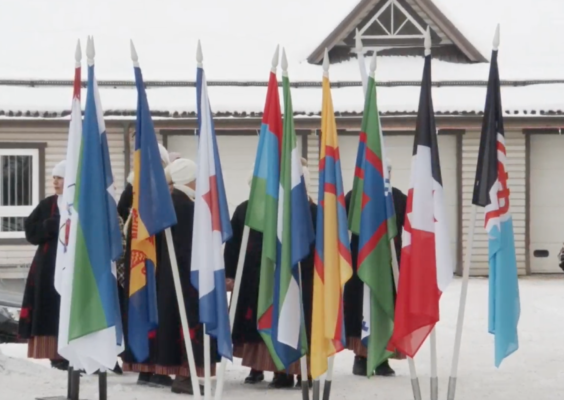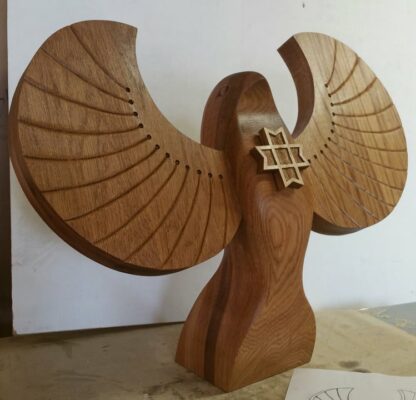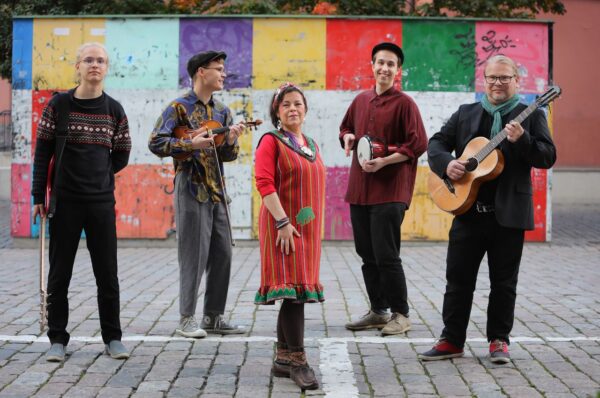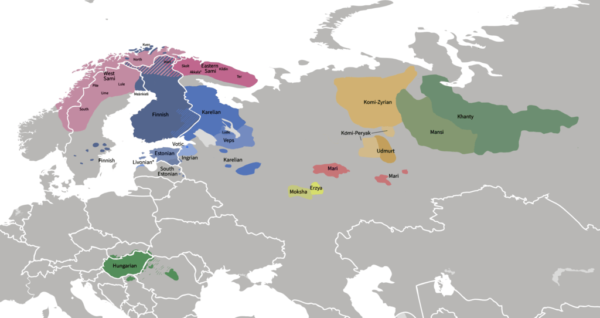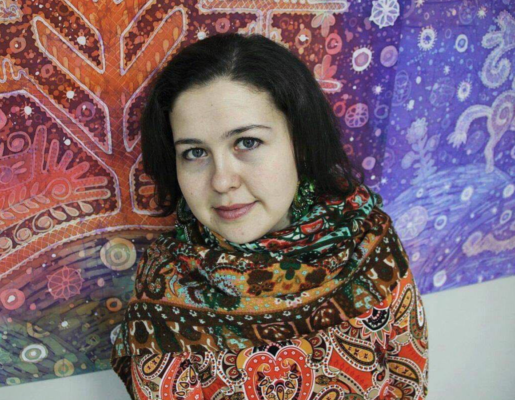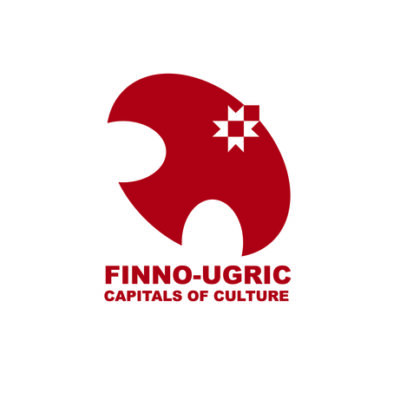Mari
Russian authorities want to silence Stalin's repression
By the decision of the Supreme Soviet of the Russian SFSR on October 18, 1991, October 30 was declared the Day of Remembrance of the Victims of Political Repression. However, in the Russian Federation, the day was also celebrated this year.
School in Mishkino, Bashkortostan teaches in Mari
A multilingual school in Mishkino, Bashkortostan began teaching mathematics and drawing in the Mari language.
Telegram has a bot that understands Mari
A chatbot that understands the Mari language has appeared in Telegram. The programme was developed by Mari linguist Andrey Chemyshev and his associates, Mariyskaya Pravda …
New language technology developed for Uralic languages
This year, there has been progress in developing modern software for the Uralic languages. Programmes related to Udmurt and Mari are being developed, in addition to a Uralic-language machine translation engine at the University of Tartu.
The Mari want former state symbols back
The Mari youth movement has started collecting signatures in Mari El to change the national emblem and formally reintroduce the former emblem. To date, 300 signatures have been collected.
XII Mari Song Festival
On 10 June, the 12th Mari Song Festival took place on Siukhin field in Hill Mari region, Republic of Mari El. The first Mari Song Festival was in 2002 and the song festival tradition has been adopted from Estonia.
Mulgimaa passes on the title of Finno-Ugric Capital of Culture to Udmurtia
The year of Abja-Paluoja, the historic capital of Mulgimaa, as the Finno-Ugric Capital of Culture, is drawing to a close. On 27 November, the baton …
Finno-Ugric Capital of Culture 2023 Competition Begins
Thematic focus of the competition continues to be the upcoming International Decade of Indigenous Languages 2022-2032. Winner of the competition will be announced on January 14, 2022, in Otepää (Estonia).
TMW 2021: Fenno-Ugria Night is coming in a week! Who is performing?
The night also represents a bridge between TMW and the Finno-Ugrian Days, an event that introduces Finno-Ugric peoples, set to take place in October.
Moscow splitting Finno-Ugric languages to promote assimilation to Russian, Mari linguist says
Moscow is currently promoting the division of the Mari language into two – the Lugo Mari and the Gorno Mari — to reduce the number …
Raisiya Sungurova: "Mari people in Yugra are on the land of our kindred peoples"
Raisiya Sungurova was awarded the Lennart Meri’s Waterfowl prize for her role as Mari community leader in the Yugra region.
Finno-Ugric Capital of Culture 2020 Will Be Selected In Mari El Republic
Youth Association of Finno-Ugric Peoples (MAFUN) and URALIC Centre for Indigenous Peoples today announce the start of the competition for the title of Finno-Ugric Capital …
